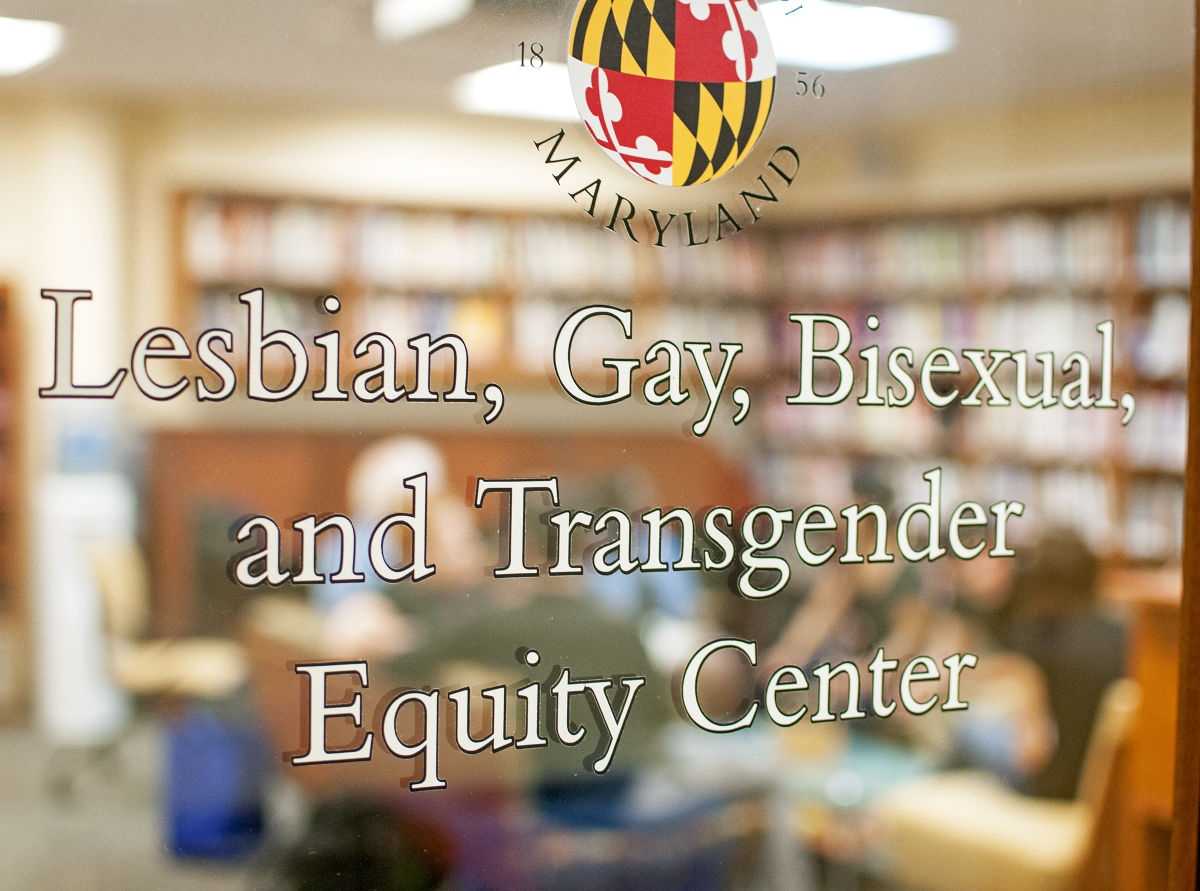Views expressed in opinion columns are the author’s own.
On Wednesday, the University of Maryland community is celebrating Pronouns Pronouncement Day, a day to raise awareness about pronouns and to disrupt assumptions about pronouns based on stereotypes and appearances. Instead, we encourage you to proactively share your own pronouns and use the #TerpsRiseAbove and #TransTerps hashtags to promote inclusion.
[Read more: UMD SGA supports bill to help campus community express chosen identity on school documents]
For years, I’ve been uncovering more and more about my Japanese ancestry. I’ve learned about the history of Shinto, the ancient spirituality of Japan. Like many cultures around the world, Shinto connects us to our ancestors and also sees spirits in all of creation. I was particularly empowered to learn that the deities who created the universe are genderless.
One concept associated with Shinto that struck me is kotodama, which sees a spirit (or soul) in words and language itself. The idea is that the very words that we use can have a powerful effect beyond just their basic meanings. You can see this in popular Japanese films such as Spirited Away and Your Name, which contain themes about the importance of one’s name and word, and the power of forgetting or remembering through language and invocation.
Language can create spiritual healing, or it can create spiritual violence. And, it can result in a thriving environment, or it can result in a destructive environment. For me, language is intimately connected to power.
When I came to work at the LGBT Equity Center at this university back in 2010, one of the first messages I received was an email from an alum telling me I was “sick” and suffering from “psychological disorders,” and that my work at this university would be a “battleground.”
Although I tend to brush these words aside and forge onward, there is power in these words, and of course it is deeply painful to be treated that way. The word “battleground” invokes the potential for physical violence, something familiar to me as one who has received death threats for my advocacy.
Yet, for every negative message I’ve received, I’ve also heard dozens of supportive and empowering words. A while ago, a student came up to me after a workshop and told me I was the first person in a position of authority they had ever met who also goes by they/them pronouns, and I gave them hope for their future — that they could even have a future. That makes me tear up. It feels wonderful to provide that kind of possibility and healing for another person, simply by naming my pronouns.
The ways we get labeled and the ways we name ourselves — these can have an impact on our well-being, on our ideas about what is possible, about what assumptions are socially accepted and about who has a right to exist or to flourish.
When someone intentionally uses the wrong pronouns, it could create a hostile environment. Indeed, it could be unlawful harassment, as made explicit in places such as Washington, D.C., where the 2006 human rights regulations assert the importance of names and pronouns.
Using the right names and pronouns to refer to people is also part of the workplace guidelines for the federal government. Respecting pronouns is essential to creating a thriving workplace and campus and to preparing students for their careers.
Even when people mean no harm, they can erase my very existence. For example, the popular phrase “ladies and gentlemen” implies there are only two genders, and it could easily be replaced with phrases like “friends and colleagues” or “esteemed guests.” So, why not work to make these small shifts in language? It would make a big difference for some of us — big enough that it validates (or at least does not invalidate) our very existence.
[Read more: University of Maryland is ranked the most LGBT-friendly college in the area]
This is why an act as simple as sharing what pronouns you go by — even and especially if you are not transgender — can transform the campus climate. It disrupts the idea that it’s okay to simply assume how someone should be referred to based on stereotypes and appearances. It sends the signal that you are thinking and caring about transgender people, inviting others to share their pronouns if they wish, and helping others not feel alone in sharing their pronouns.
So, in the spirit of kotodama and Pronouns Pronouncement Day, I share with you: My name is Shigeru Nic Sakurai, and I go by they/them pronouns. #TerpsRiseAbove #TransTerps
Shigeru Nic Sakurai is the acting director of the LGBT Equity Center at the University of Maryland. They can be reached at sakurai@umd.edu.



